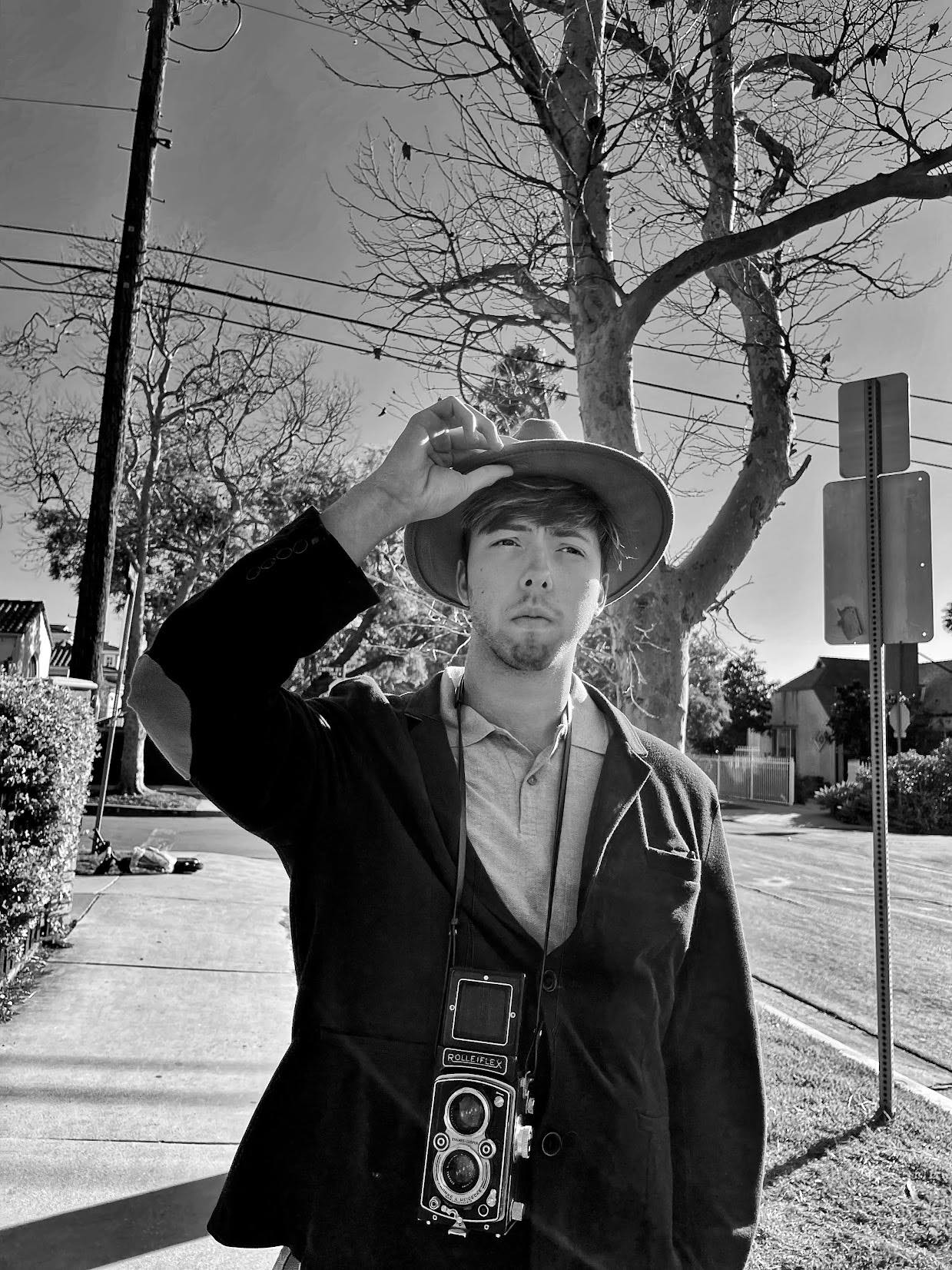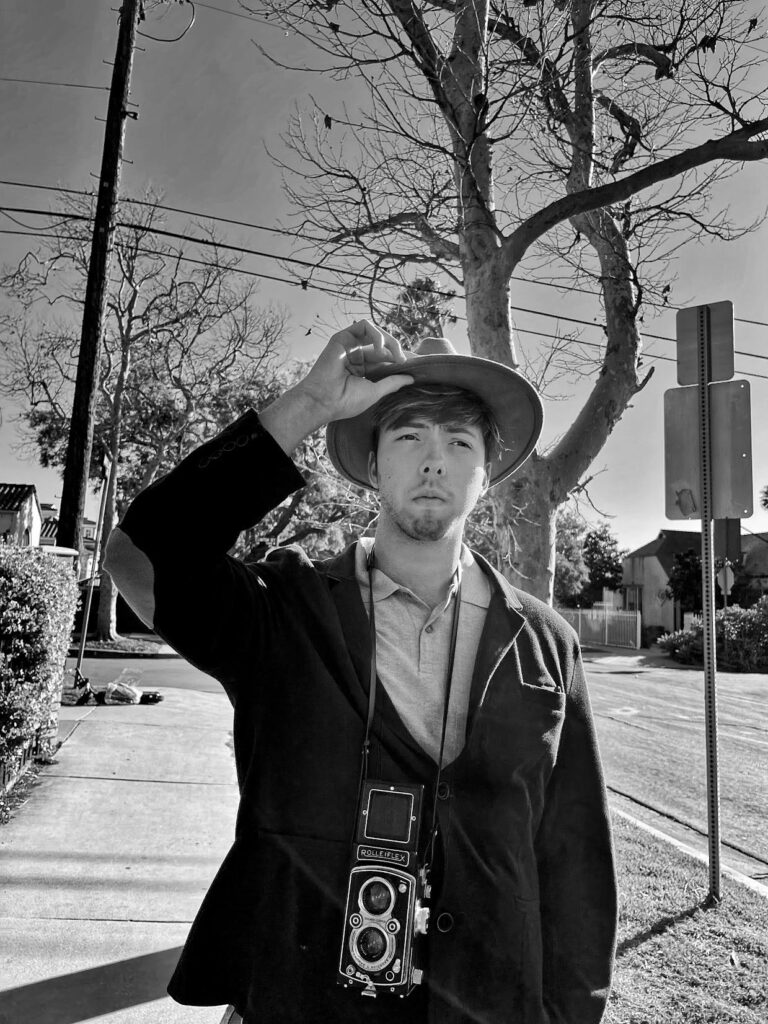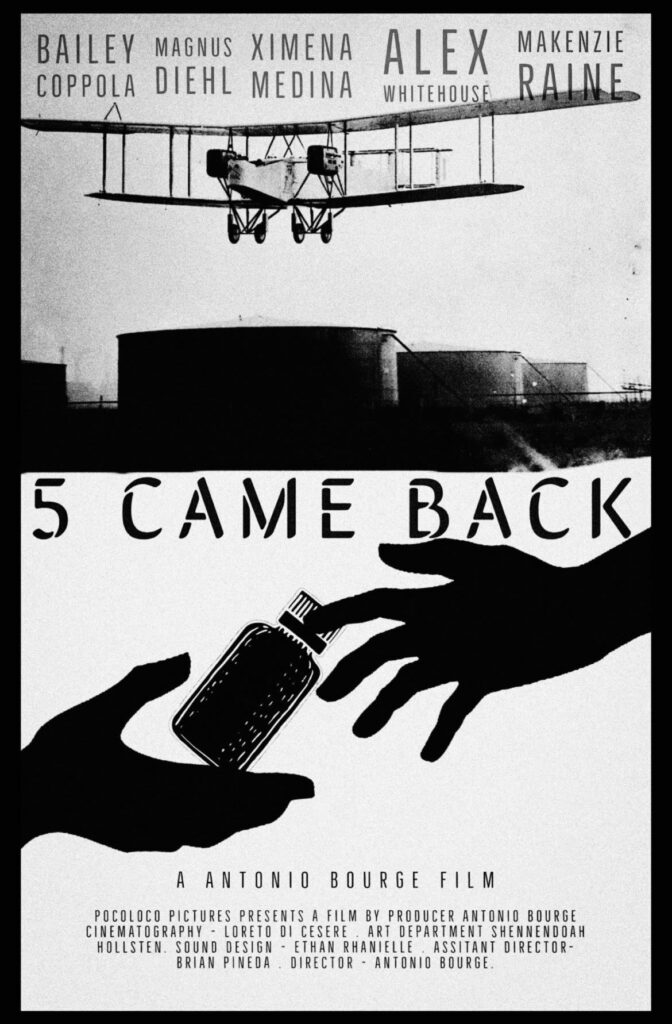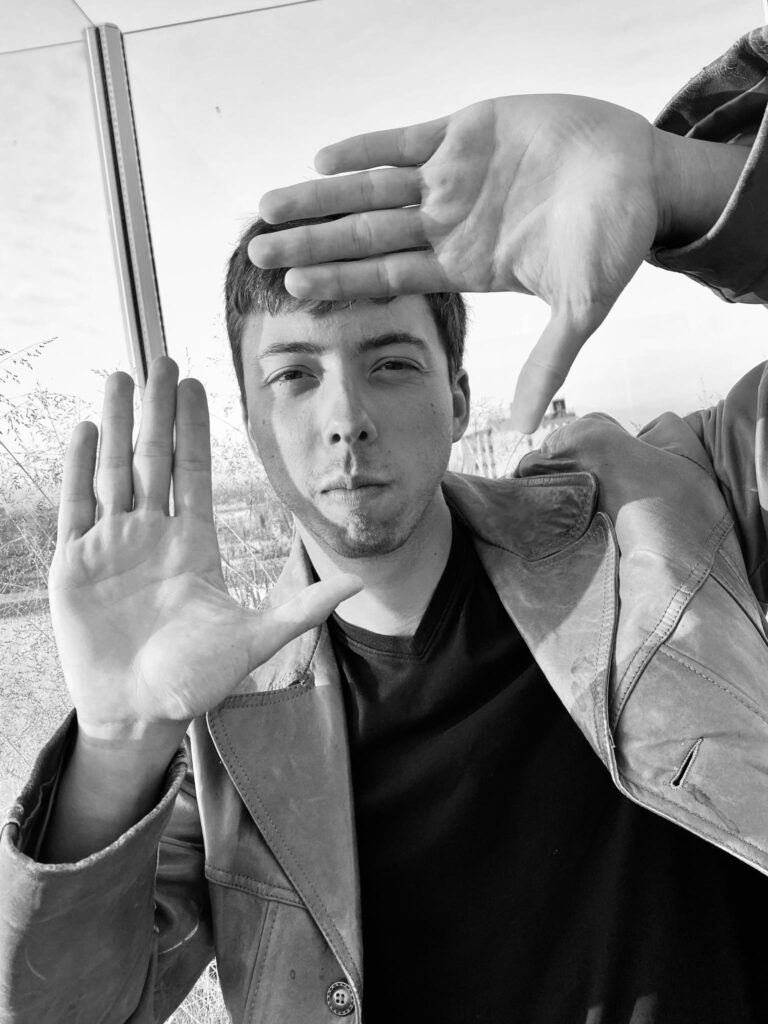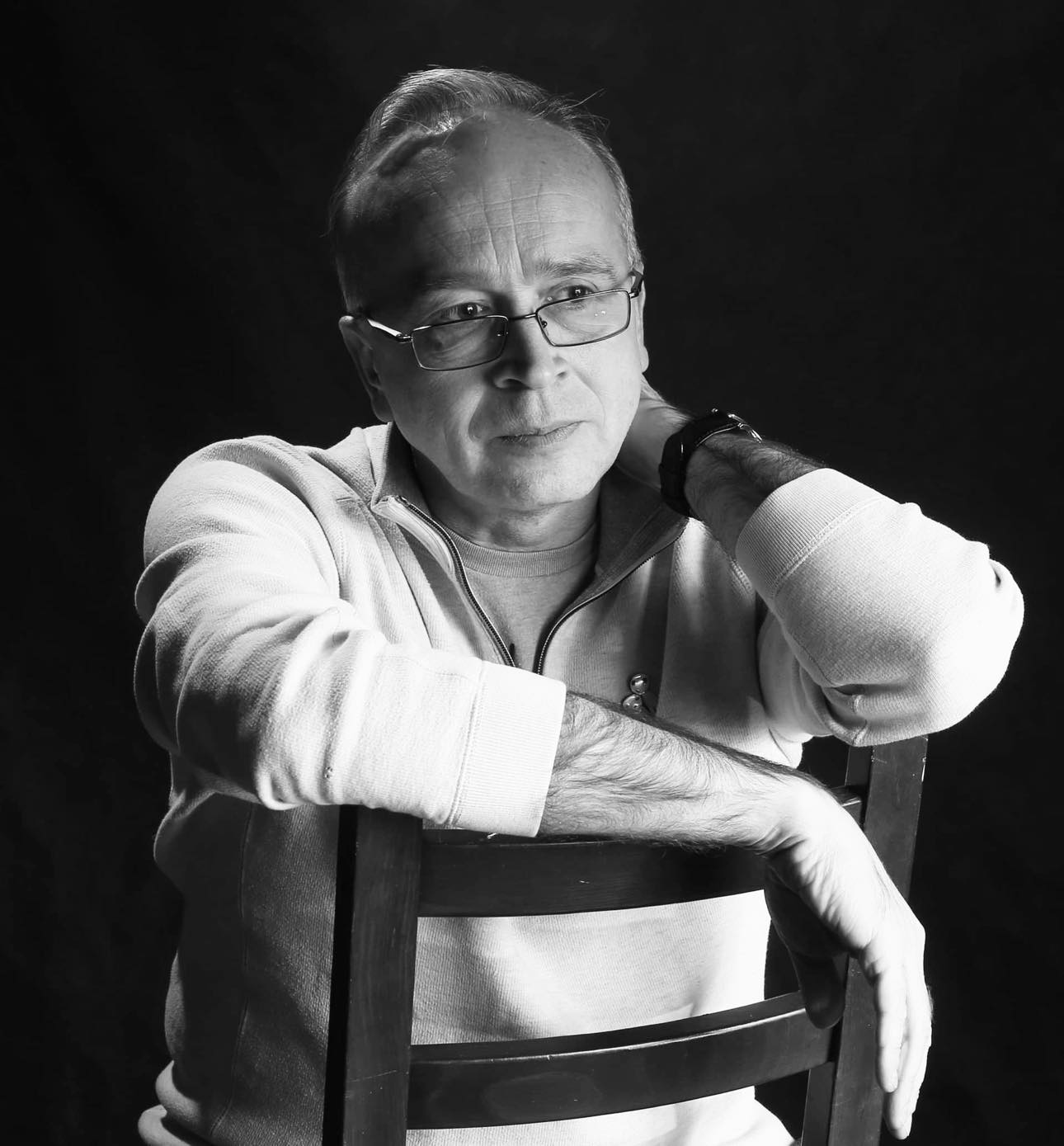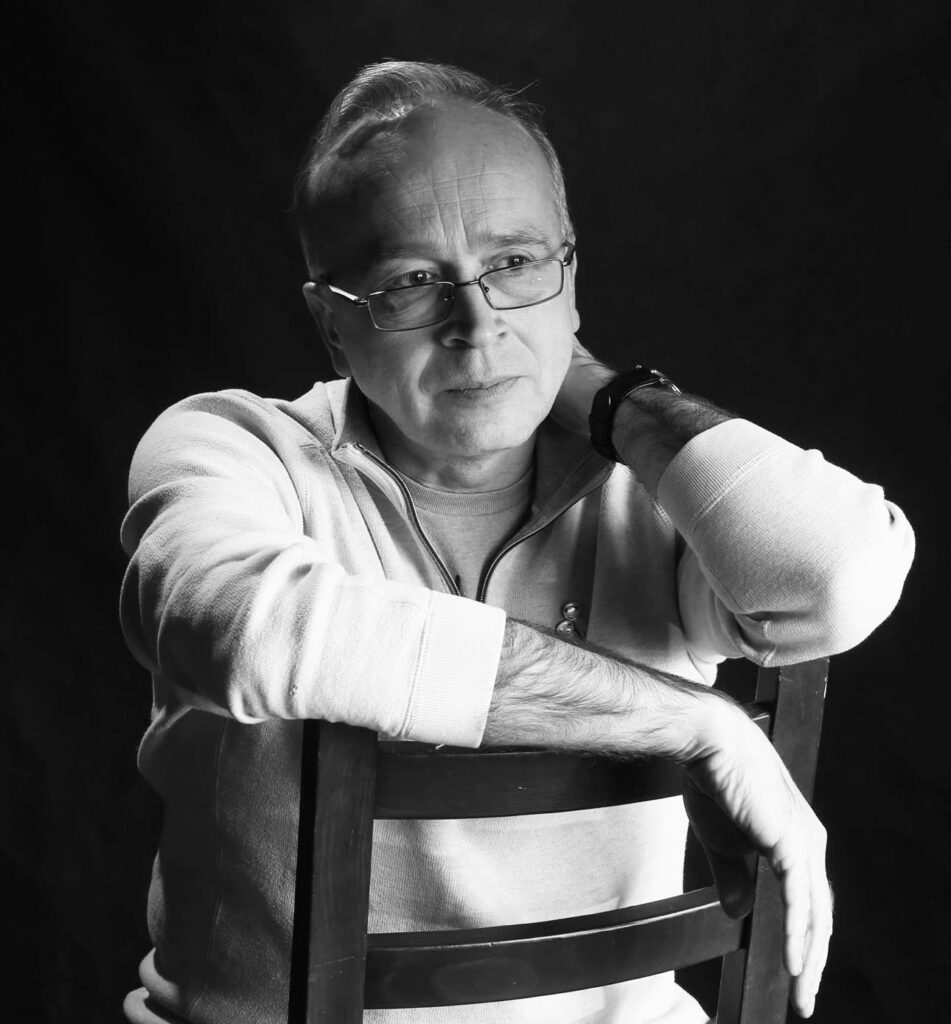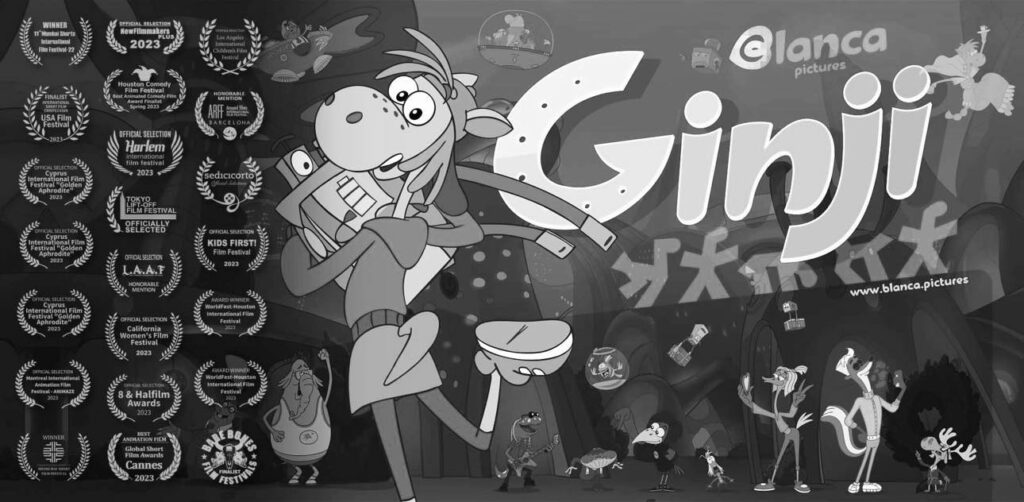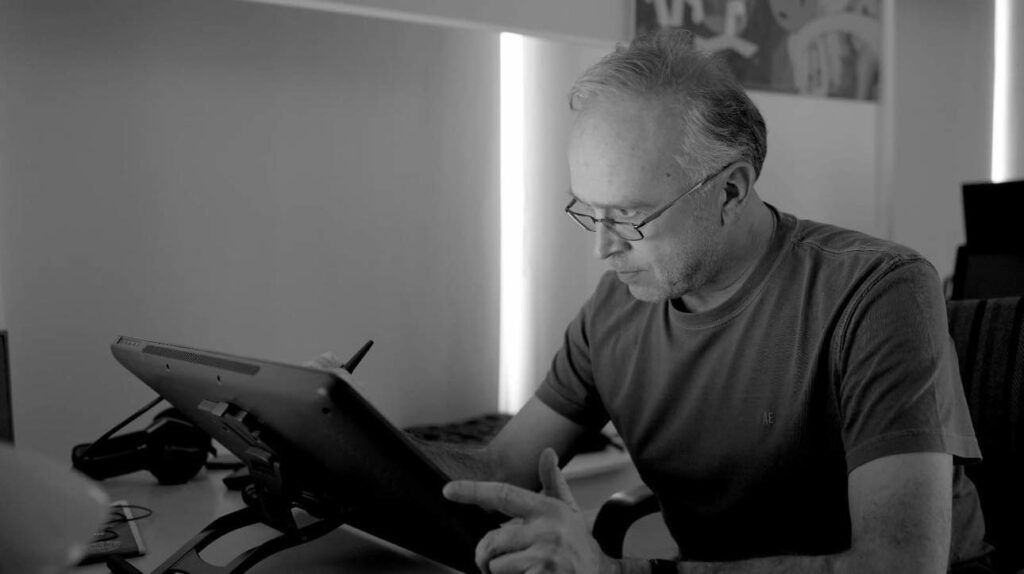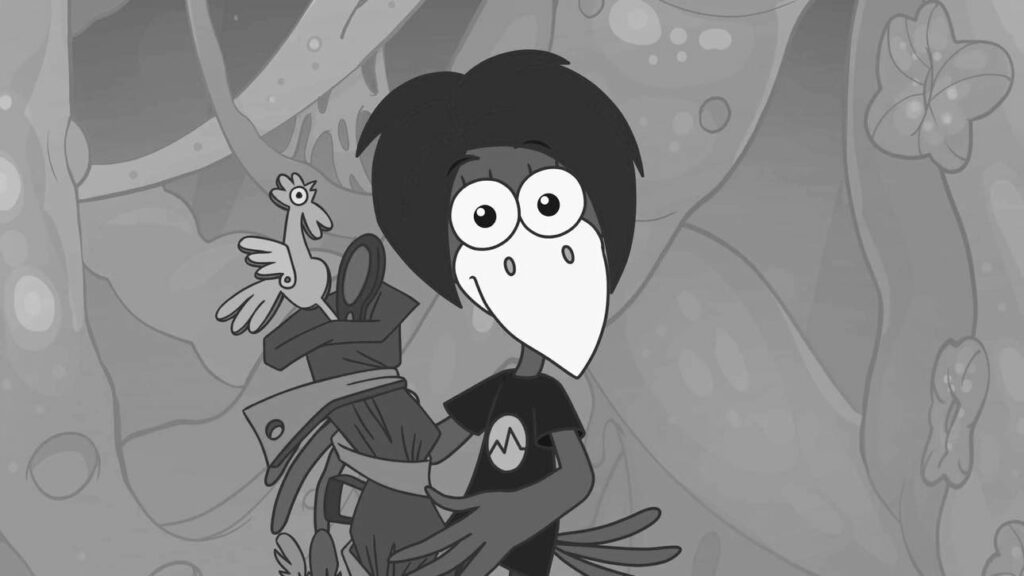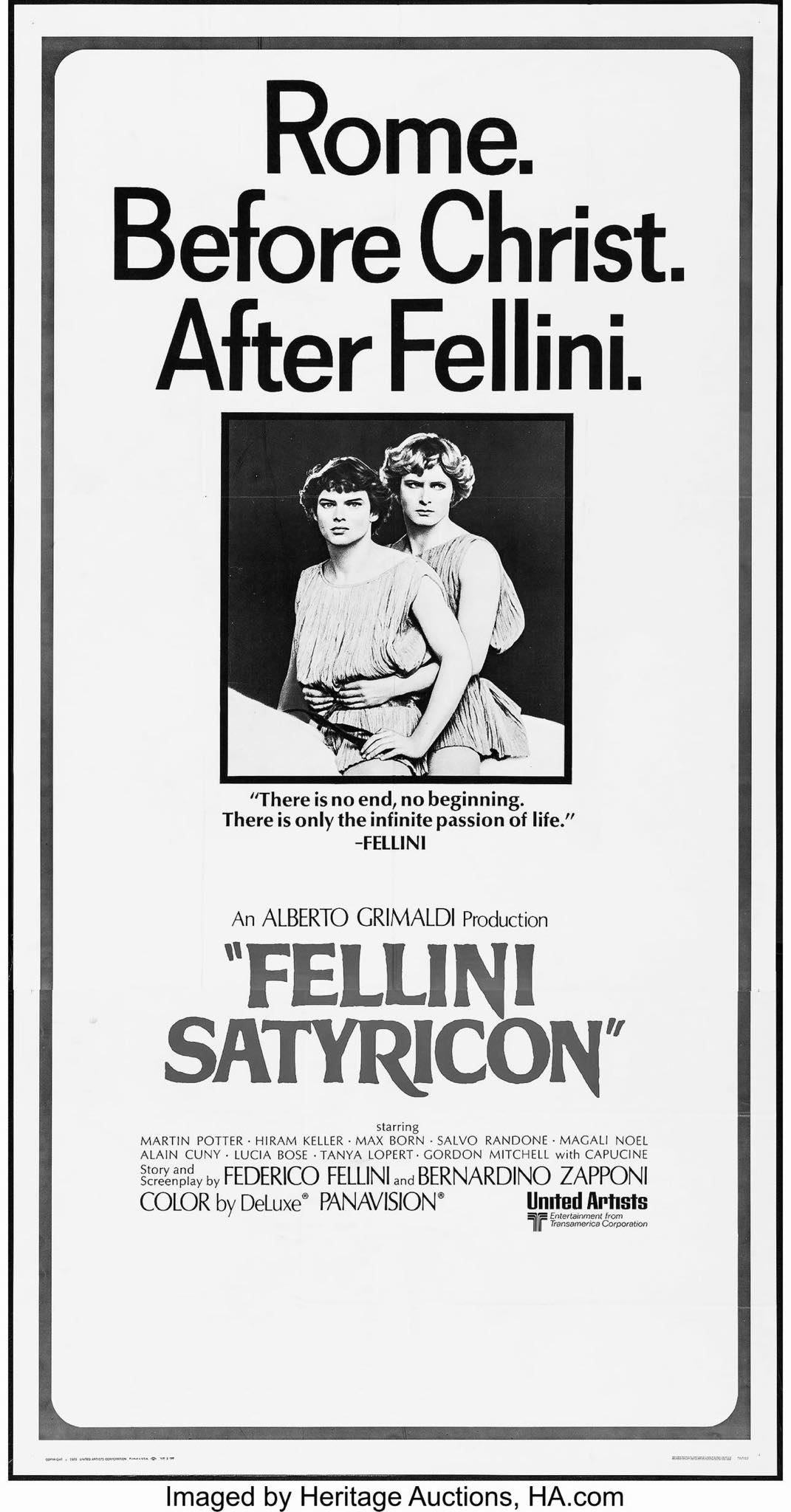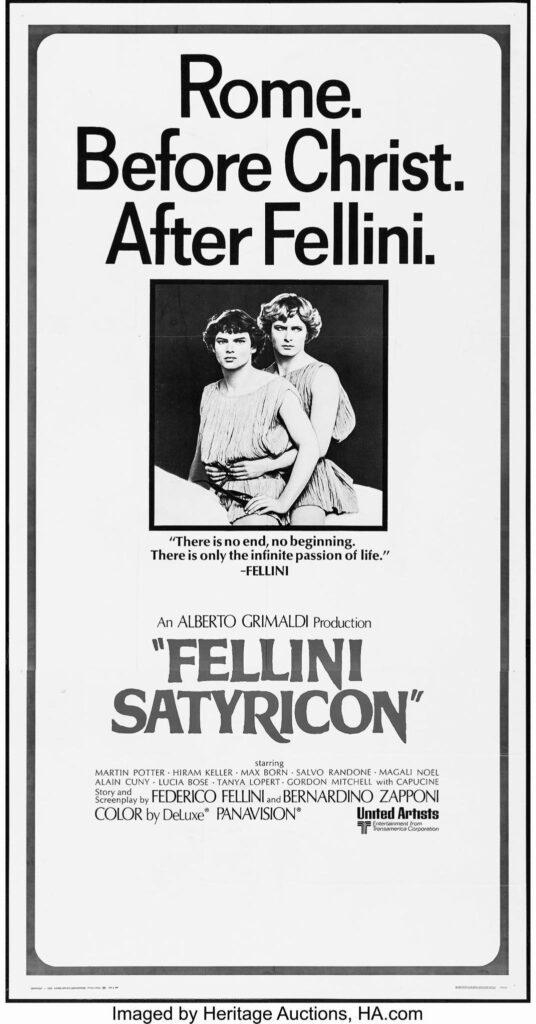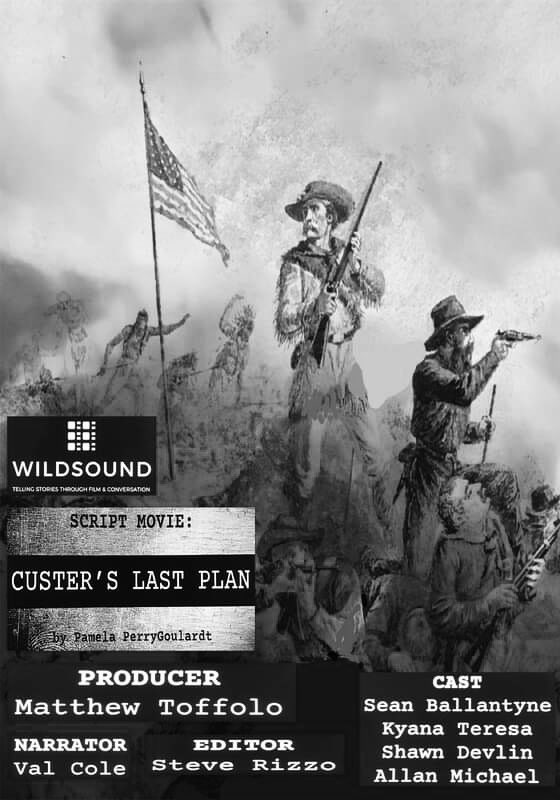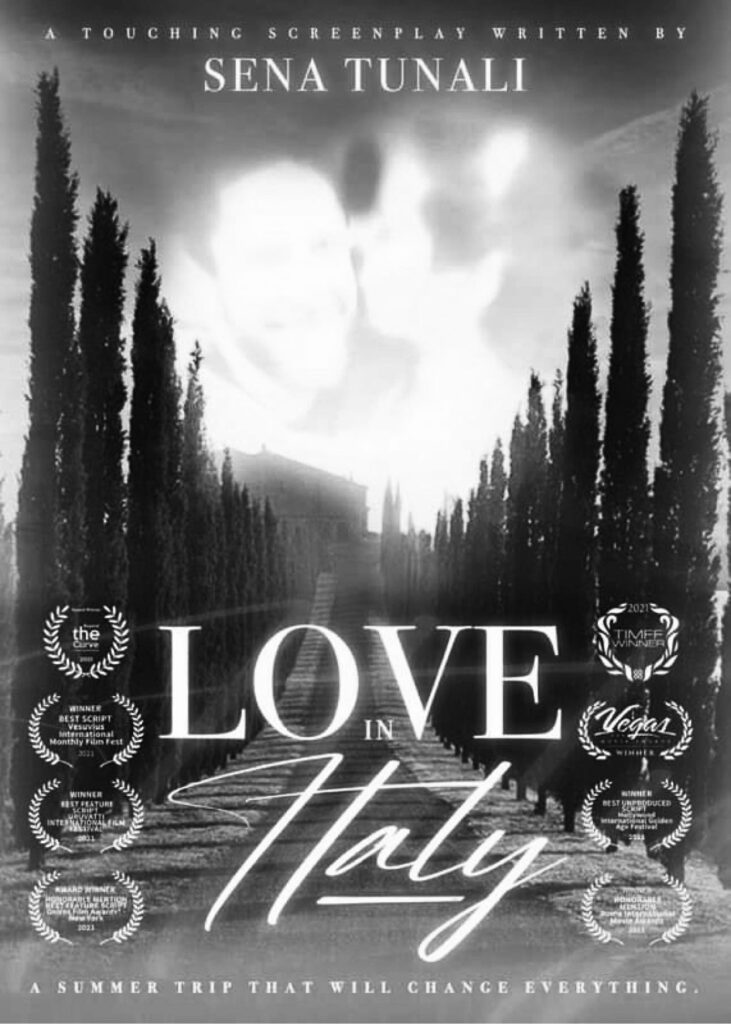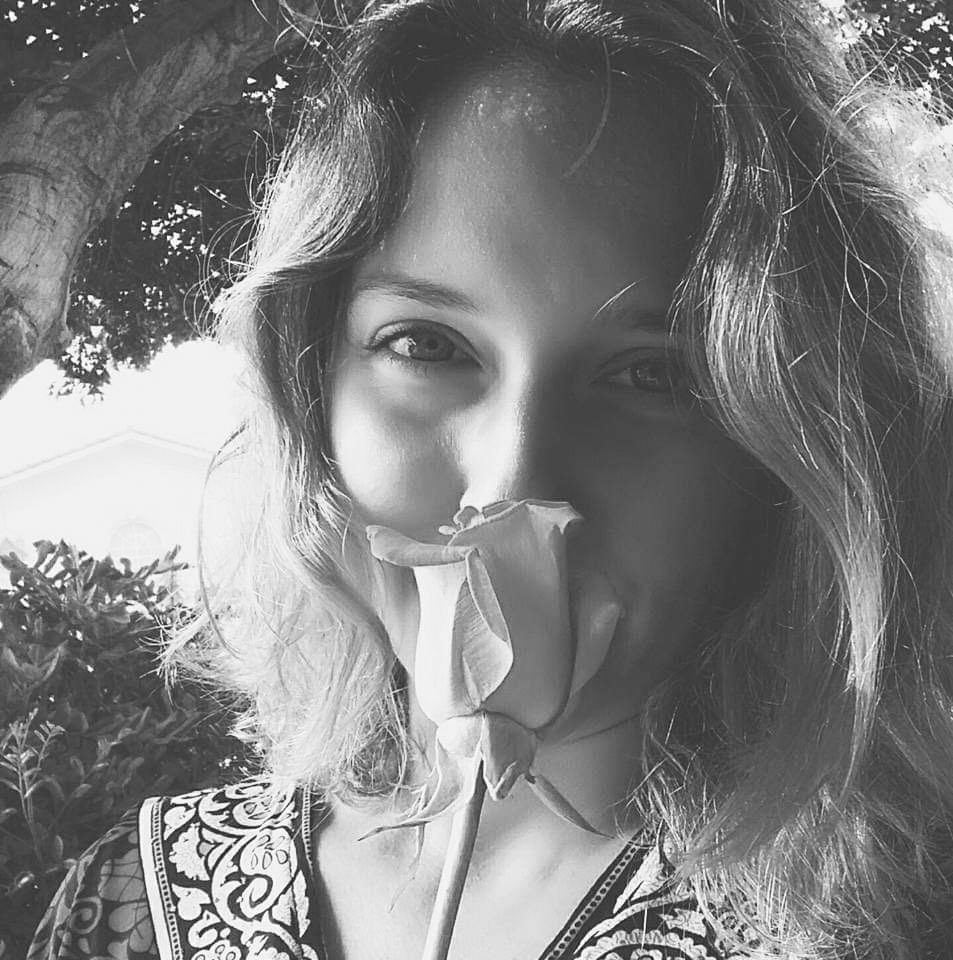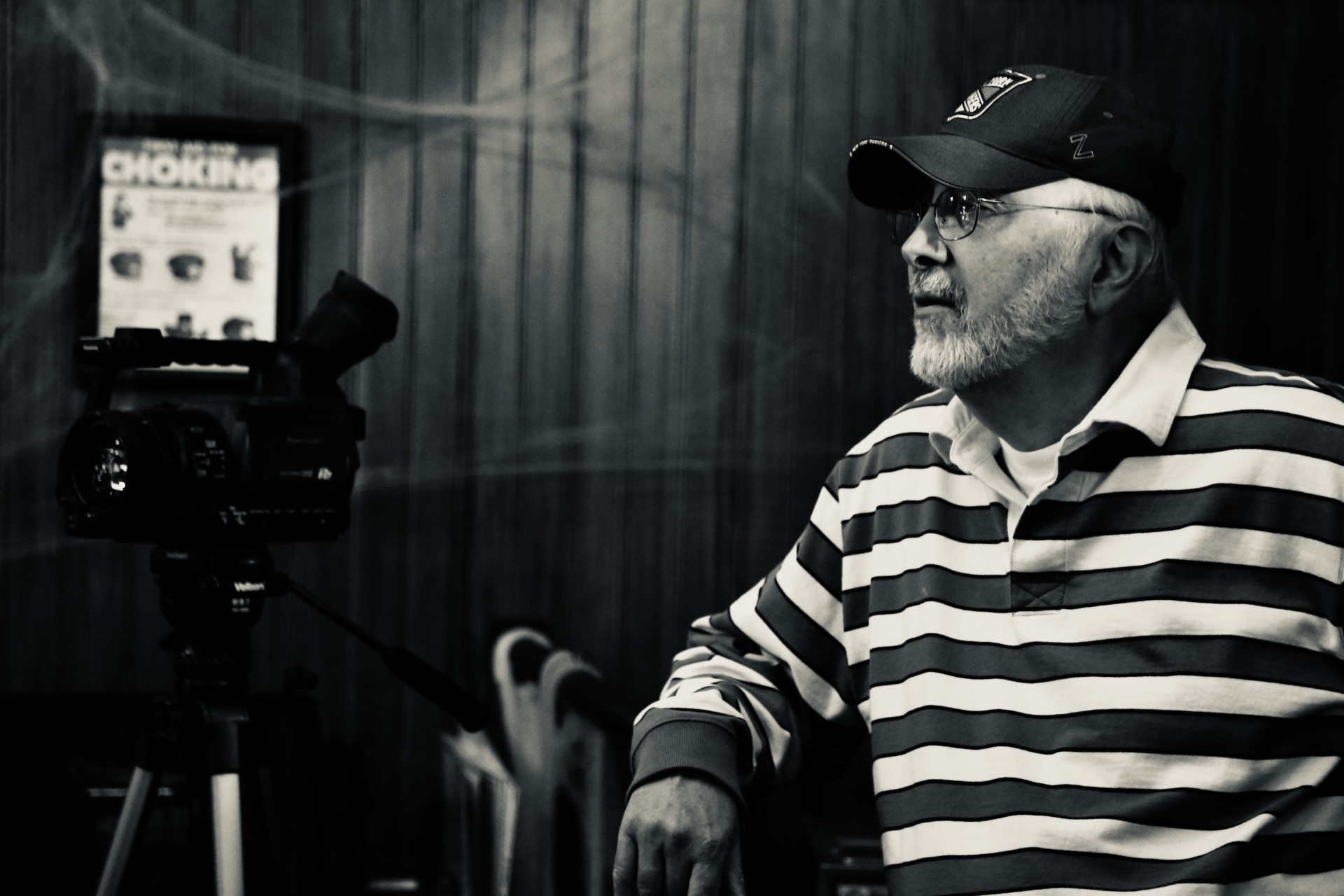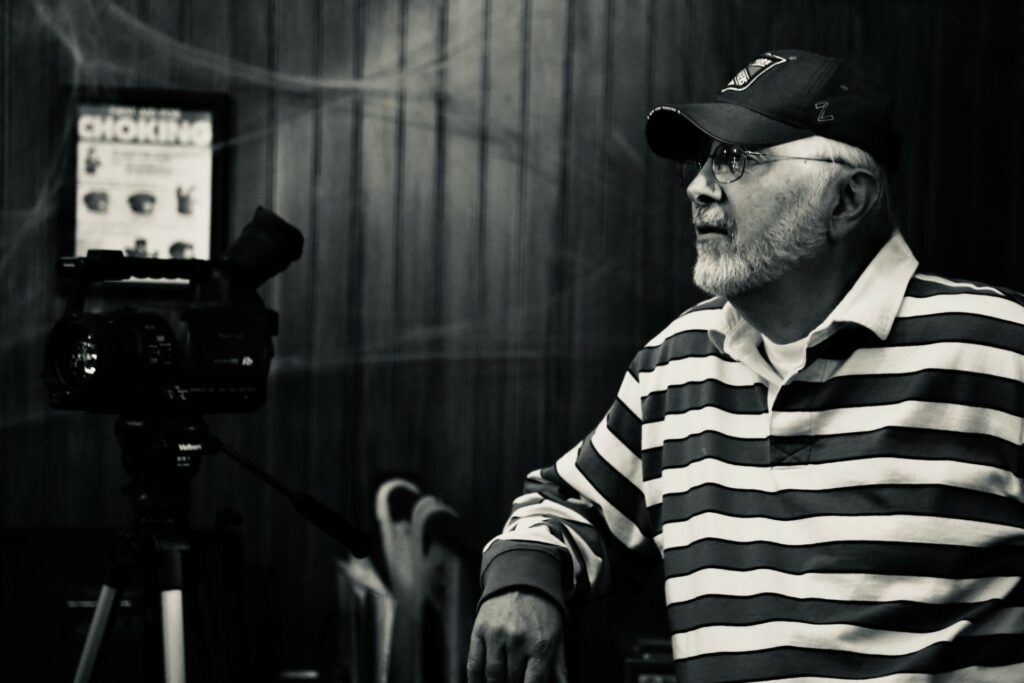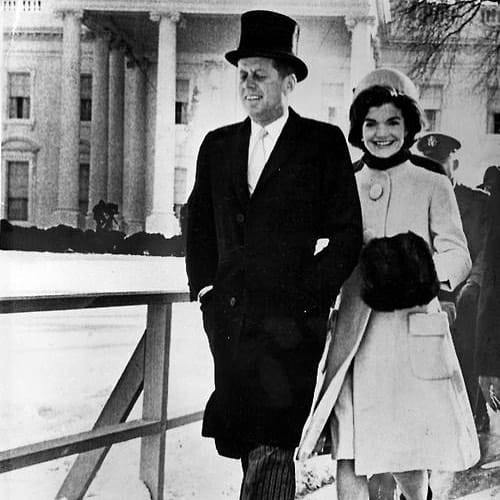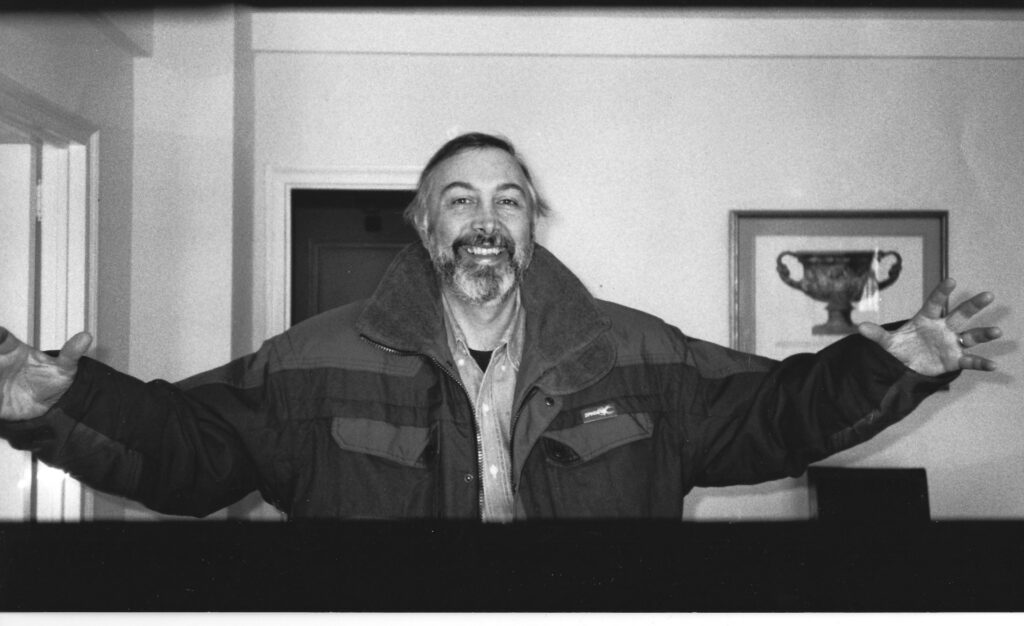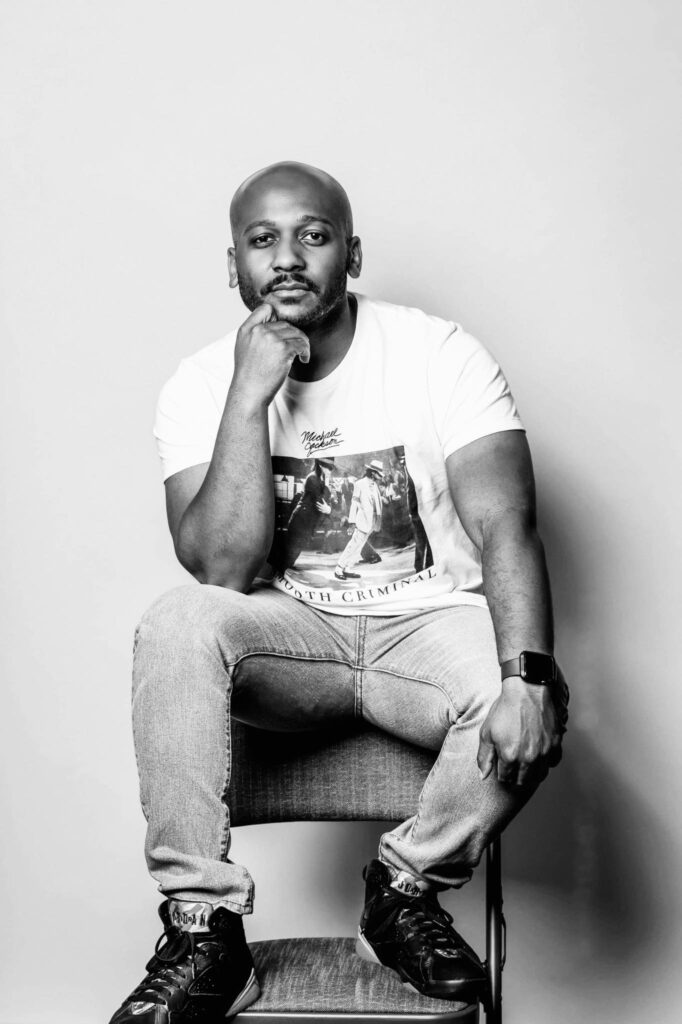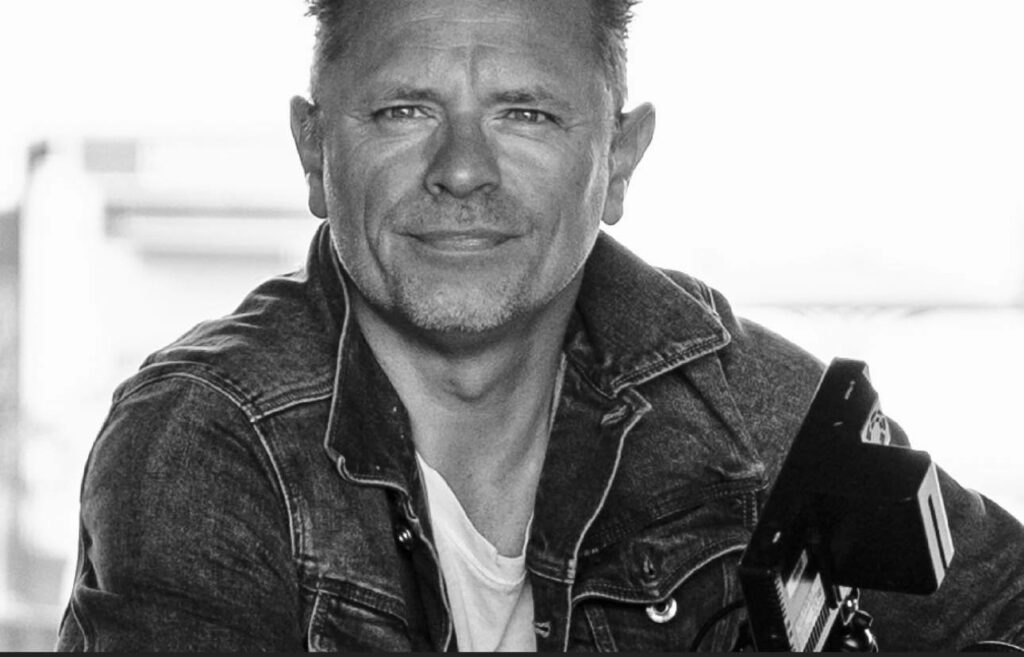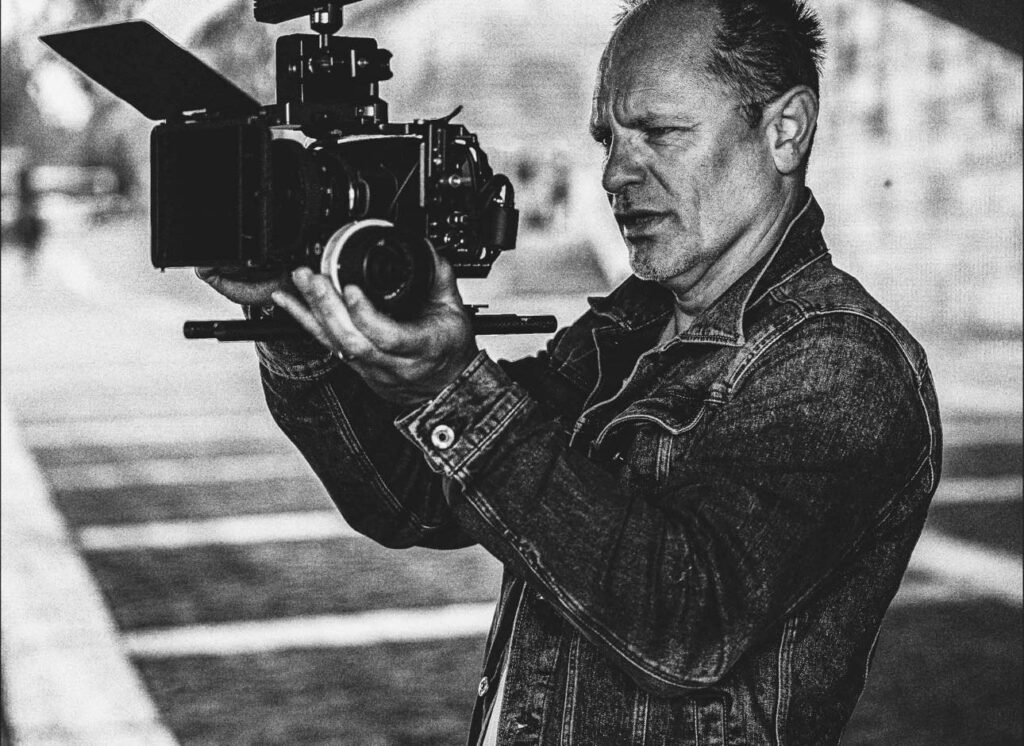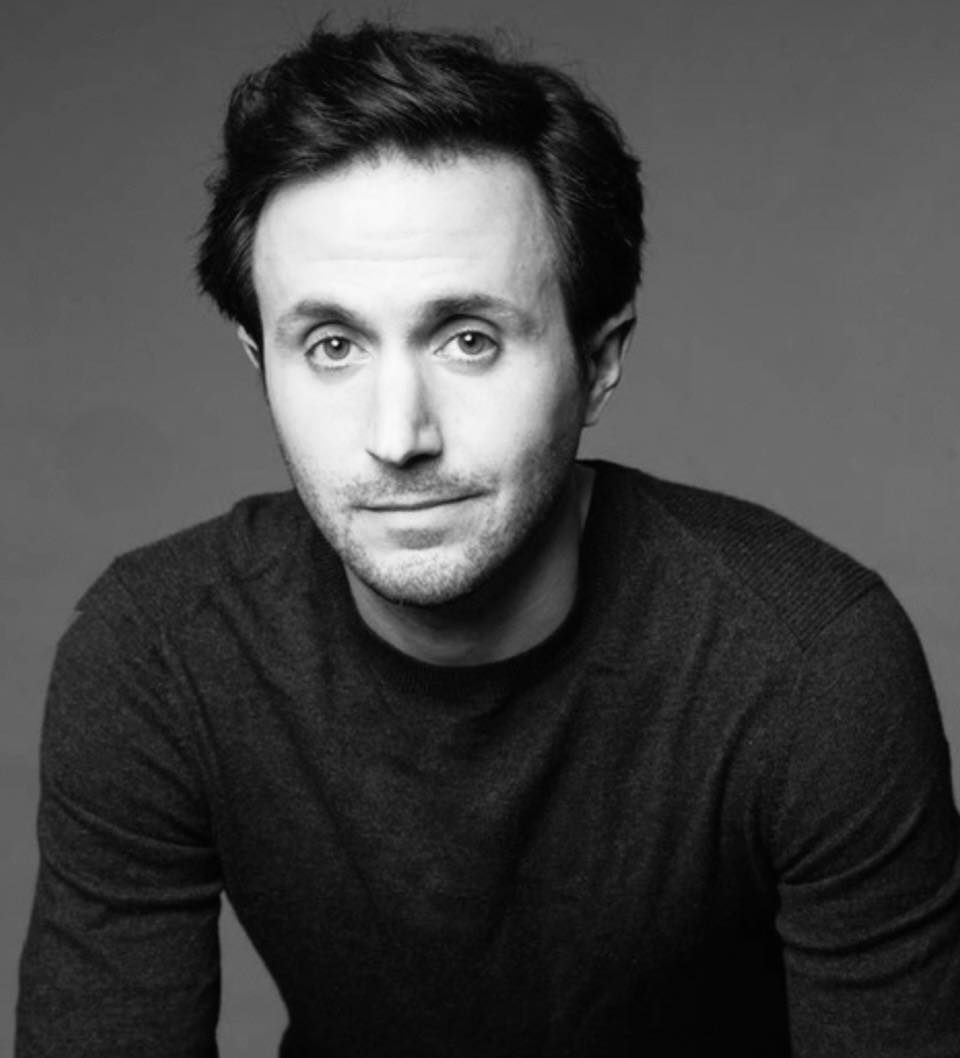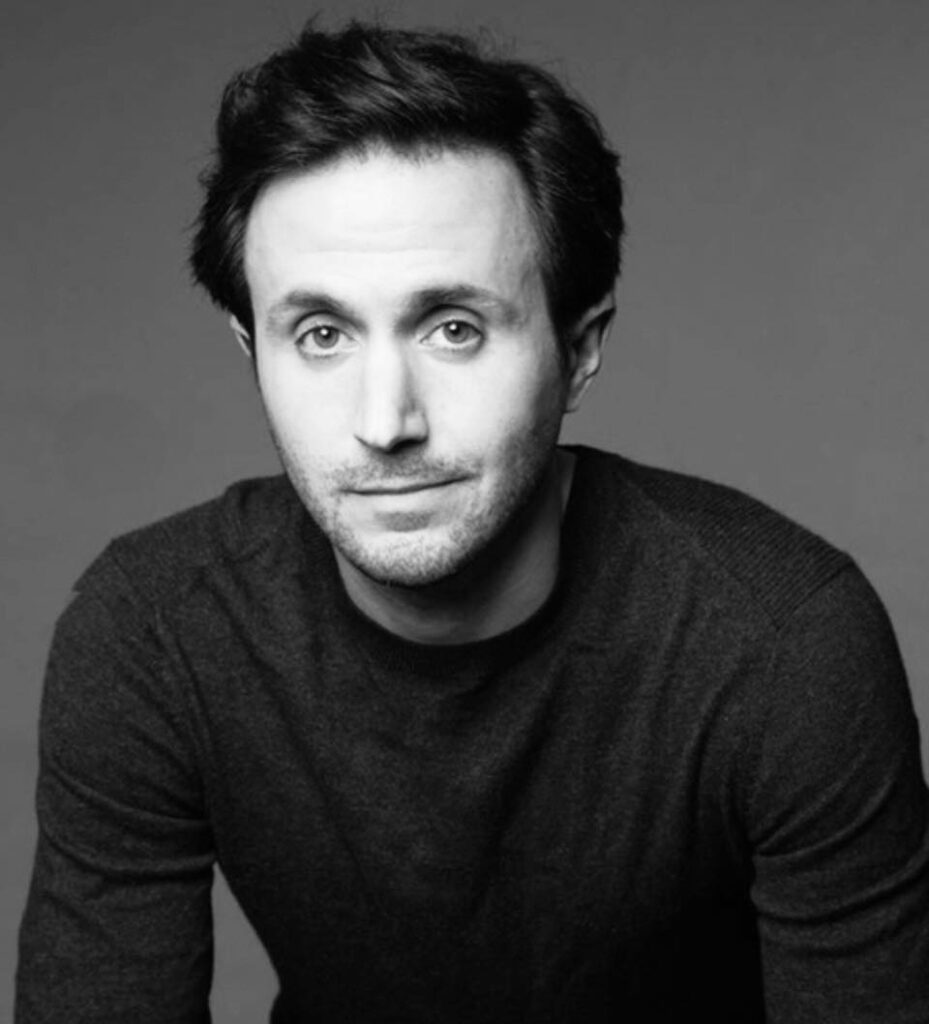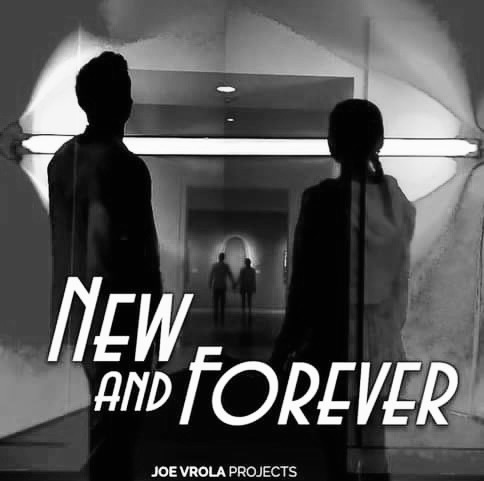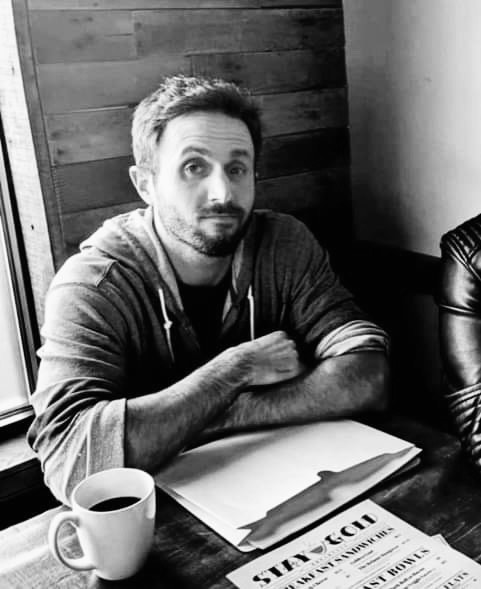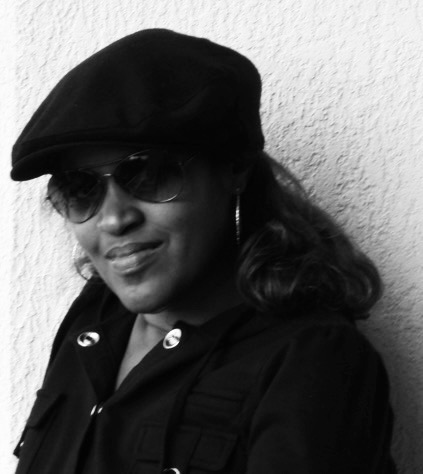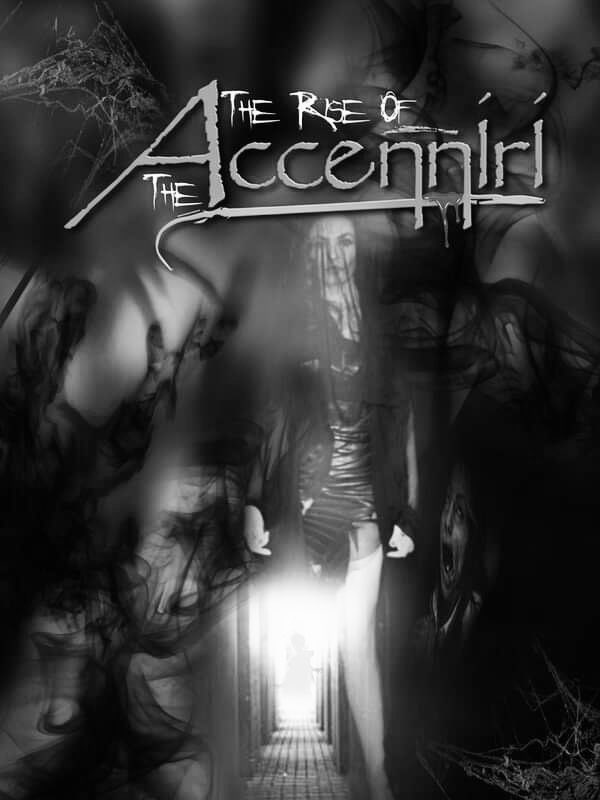
-Who is Sanela Prasovic Gadzo?
I am a person who firmly believes that there must be justice somewhere along our life’s path, and I fight for that justice and truth. I was born in Sarajevo, the capital of Bosnia and Herzegovina. I graduated in journalism, obtained my master’s degree in public relations, and I am currently completing my PhD in communication sciences.
Since 1991, I have been working in journalism, and I have spent most of my career working for the BHT – the national broadcaster of Bosnia and Herzegovina. During the war in Bosnia and Herzegovina (1992-1995), I reported from the front lines as a war correspondent. For years, I was a correspondent from the Tribunal for the Prosecution of War Crimes in The Hague, and reported on the war in Kosovo in 1999.
Throughout my journalistic career, I worked as an editor, reporter, war correspondent, and author/director of documentary films. For my work, I have been awarded multiple times; in 1999, I was named the best TV journalist in BiH, and in 2015, I was named the best journalist in all categories in BiH.
My documentary film “Banjalučka nepravda” (Banja Luka injustice) also won an award in 2004. I have produced and directed over 30 documentary films.
In addition to my love and dedication to film, I am also devoted to academic work, which also makes me happy as I believe it is important to pass on knowledge to young people.
I am the mother of two daughters.
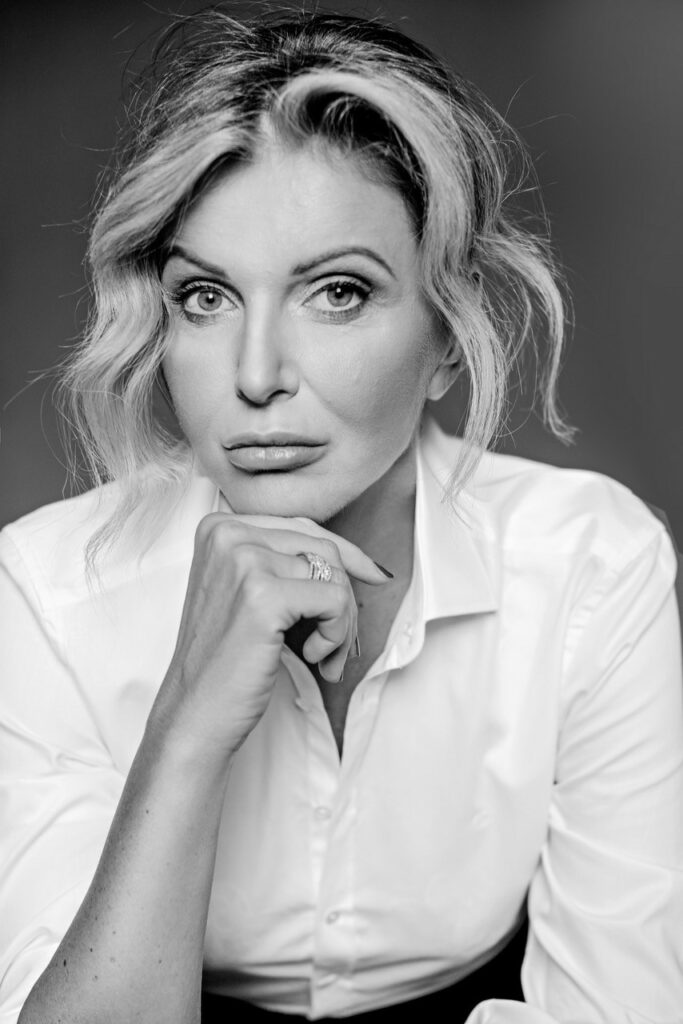
-What inspired you to become a filmmaker?
My entry into the world of film happened spontaneously in the 90s when I was engaged on the national broadcaster to make a series of documentary films. Compared to the pace of work in television journalism, working on documentaries brought immense satisfaction as I had the time to slowly develop the script and directorial explication.
Entering the world of documentary film was love at first sight for me. And that love has continued with the same intensity for over 30 years.
My latest documentary film SONJA is currently on its festival journey, and I am infinitely happy that this story has been recognized by colleagues at home and abroad, and thus awards are coming in. The documentary film SONJA was declared the winner in the documentary film category of the Future of Film Awards film festival in North Macedonia in June 2023. In July 2023, it also received two awards in Rome, Italy. It was declared the winner – the best documentary film, and I was chosen/awarded as the best director of the festival. This is the 8 & HalFilm Awards.
The documentary film SONJA is currently included in the official selections of exceptional and important film festivals in Bosnia and Herzegovina, as well as abroad. Yesterday I received news that it is in the official selection of the JAGRAN FILM FESTIVAL in India. Then it was also selected by the Frida Film Festival in France, Stockholm City Film Festival, then the Balkan Panorama Film Festival in Izmir, Turkey, and a festival in Budapest, etc.
I am happy that exceptional and renowned professionals from the world of film have recognized the powerful message carried by my film SONJA.
-Do you think cinema can bring about change in society?
I genuinely believe that cinema can bring about changes in society, and I did just that in 2017. That year, I filmed a documentary titled “Power Lies in Truth and Justice,” which spoke about corruption in government, favoring investors, and illegal actions by officials.
As the author and director of the film, I was exposed to terrible pressures and threats, but I did not give up. The film attracted a lot of attention in Bosnia and Herzegovina after it aired, and the illegal procedures were immediately stopped. This is the power of what we can do through making films. And the documentary SONJA carries the message that although the war in Bosnia and Herzegovina was horrible, and although the film’s main character Haris Hastor endured captivity in a camp, maltreatment, and torture, he never stopped believing in life, never lost hope.
Even after escaping from the camp, Haris did not fill his life with hatred towards those who imprisoned and tortured him. He devoted his life to new values and belief in a better future. From that painful period in the war-torn 1992, he emerged and created a normal life for himself and his family. This is a strong message that we should never stop believing, hoping, and encouraging ourselves to step out, to try to make a change.

-What would you change in the world?
I have partly discussed this in the previous answer. In my 32 years of working in journalism and film professions, I am happy that through the reports and films I created and directed, I have contributed to changing things in my country. That’s exactly how I am recognized in the public discourse. And that’s important for the job I do.
-Where do you see the film industry going in the next 100 years?
I deeply believe that the film industry will never cease to be a tool not only for imagination through which we create the world we believe in, but also a tool for engaged film projects through which we convey that the fight for a better world is the path to justice from which we must never deviate. The world will surely look different in 10, 20, 50, or 80 years, but I want to believe that we will not turn art into AI, that we will not lose emotions, and that the films we create will always have value in an artistic sense.
After all, art must contain emotion or produce emotion. If there’s no emotion, then it’s a bad job. In the future, the film industry must be even better, and I believe it will be.

